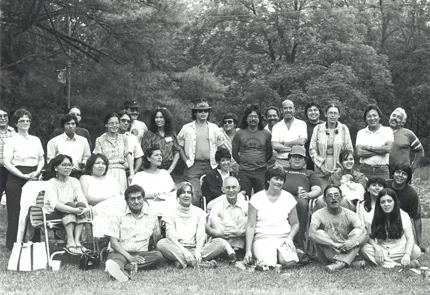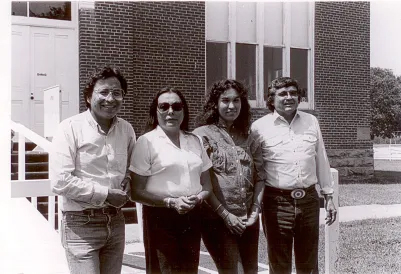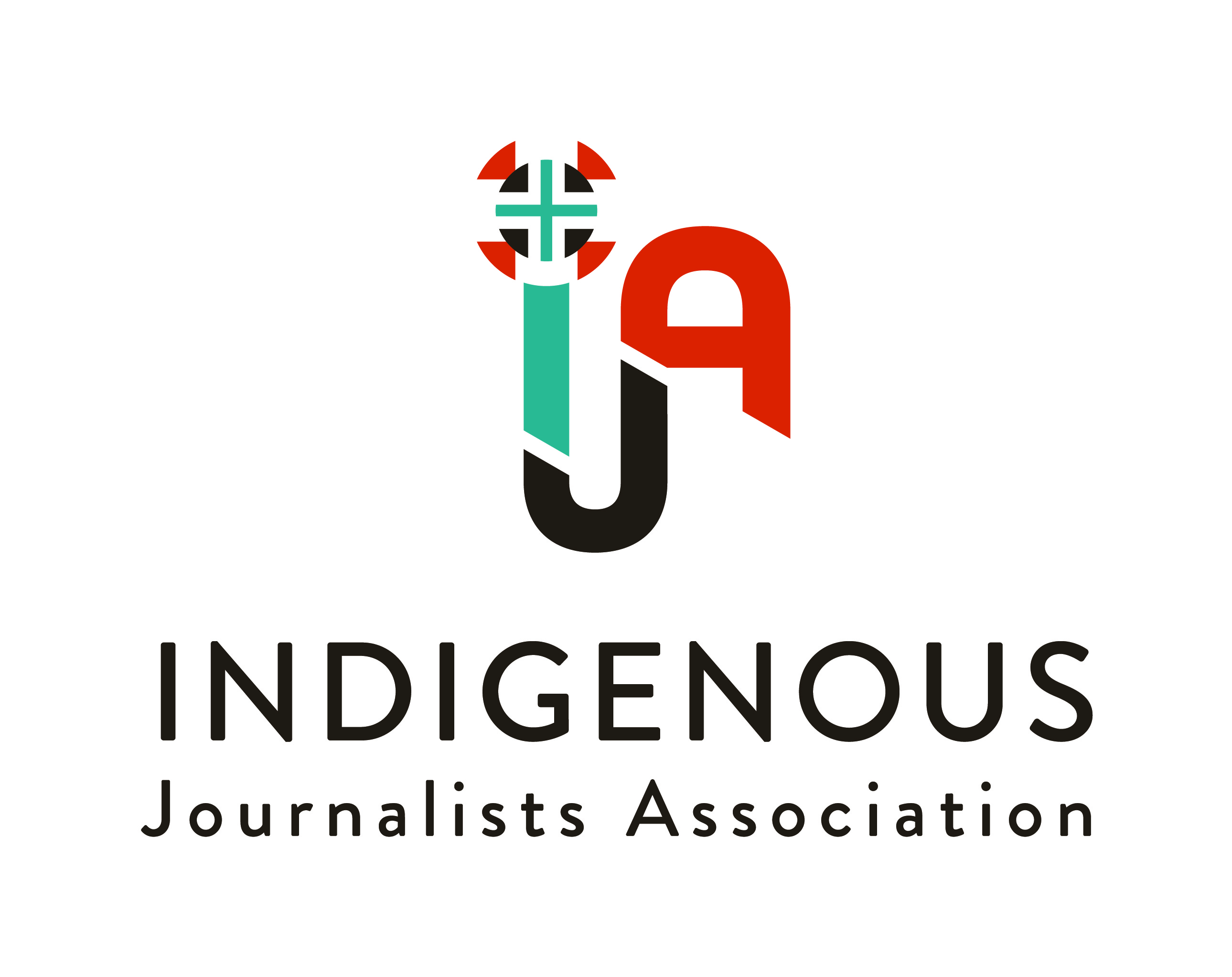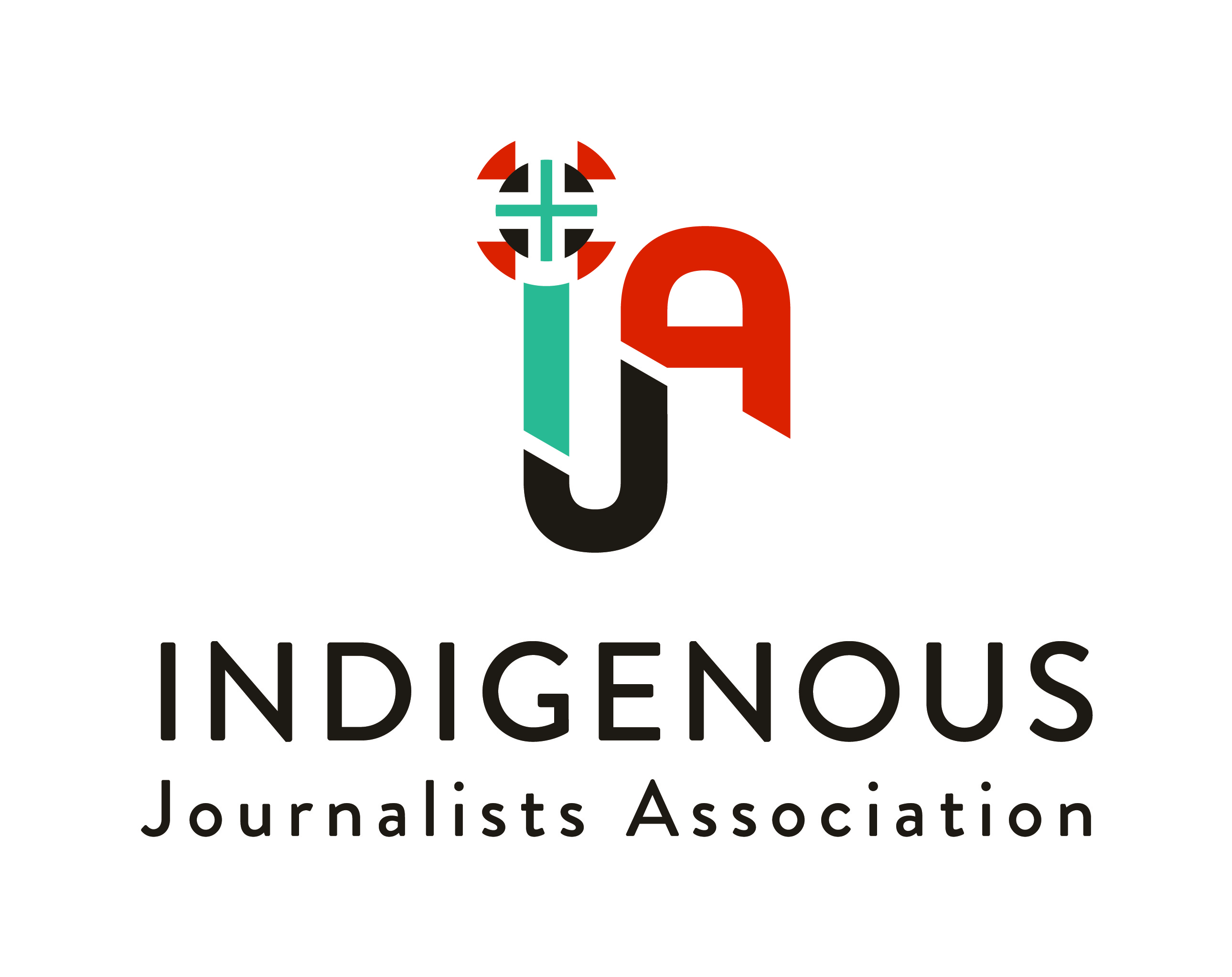Mission
NAJA serves and empowers Native journalists through programs and actions designed to enrich journalism and promote Native cultures. NAJA recognizes Native Americans as distinct peoples based on tradition and culture. In this spirit, NAJA educates and unifies its membership through journalism programs that promote diversity and defends challenges to free press, speech and expression. NAJA is committed to increasing the representation of Native journalists in mainstream media. NAJA encourages both mainstream and tribal media to attain the highest standards of professionalism, ethics and responsibility.
About
The Indigenous Journalists Association’s mission is centered on the idea that accurate and contextual reporting about Indigenous people and communities is necessary to overcome biases and stereotypes portrayed in popular and mainstream media. Expanding access to accurate news and information is essential to an informed citizenry and healthy democracy, across tribal, local, state and national levels. For more than 40 years, Indigenous journalists across the United States and Canada have worked to support and sustain IJA. Originally formed as the Native American Press Association in 1983, the organization has grown from just a handful of reporters to a membership of nearly 900, which includes Indigenous journalists, associates, educators and partners.
History
More than two dozen Indigenous journalists joined Tim Giago, the owner and editor of the Lakota Times, at Penn State University in 1983 to determine if an Indigenous press organization was viable. In August of that year, a second meeting was held to form the Native American Press Association.
The Indigenous journalists in attendance were: Anita Austin (Native American Rights Fund), Jose Barreiro (Cornell University), Patty Bowen (Biskinik), Mike Burgess (Talking Leaf), Bill Dulaney (Penn State University), Verna Friday (Sweetgrass Magazine), Tim Giago (Lakota Times), George Gorospe (Pueblo News), Lenore Keeshig-Tobias (Sweetgrass Magazine), Richard LaCourse (Indian Finance Digest), Adrian Louis (Lakota Times), Sid Miller (Spilyay Tymoo), Mary Polanco (Jicarilla Chieftain), Loren Tapahe (Navajo Times Today), and Minnie Two Shoes (Wotanin Wowapi).
The first convention was held in the summer of 1984 at Warm Springs, Oregon.
The fifth convention was held in 1990 in Fife, Washington, and the membership changed the name to the Native American Journalists Association (NAJA) to reflect a more inclusive mission.
NAJA, presently known as IJA, now based on the campus of the University of Oklahoma in Norman, has a unique and challenging mission. Its primary goal is to lift up Indigenous voices in all platforms of media, and work with our colleagues across the media industry to ensure accurate and contextual reporting about Indigenous people and communities.
The work of the association addresses Indigenous media and encompasses a wide range of issues affecting the survival and the development of Indigenous journalists and tribal media.
Indigenous leaders have been long aware of the importance of the media to Indigenous communities. Since the establishment of The Cherokee Phoenix, the nation’s first bilingual Native newspaper first published in 1828, there have been continuous efforts by tribal people to address the news and information needs of Indigenous communities. Only in recent times, with the advent of modern communications technology, have the Indigenous media progressed from a local and regional focus to a national and international scope to meet the communication needs of Indigenous people. Out of this history came the influences, philosophy and unique Indigenous experience that gave rise to the Indigenous Journalists Association.

A group of Indigenous journalists met at Penn State University in 1983 to form the Native American Press Association, now the Indigenous Journalists Association.

Founding executive committee members Loren Tapahe (vice president), Mary Polanco (secretary), Anita Austin (treasurer) and Tim Giago (president)

